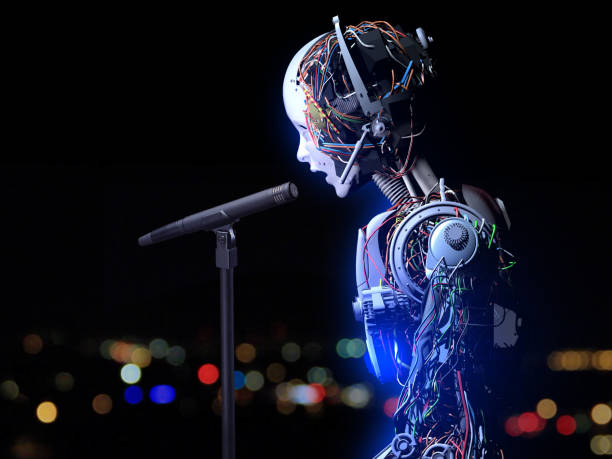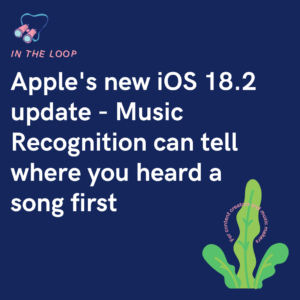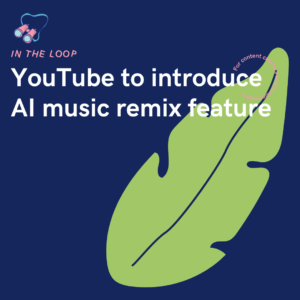Computers, making music, with little to no input from humans. It seems unreal, however, it’s not. It is simply the future to some extent. As AI becomes more common, so will music being created in this way.
Have you ever wondered how computers can make music? Well, it’s all thanks to a special technology called Artificial Intelligence (AI). It’s essentially like a robot doing the job for you. AI requires very little input from humans. You ask it to do the job, and it gets on with it, providing you with the results. It seems AI can do practically anything.
What is AI music?
Artificial Intelligence, or AI for short, is a type of technology that allows computers to perform tasks that normally require human intelligence. When it comes to music, AI can be used to compose melodies, create rhythms, and even generate entire songs without any human input. You can ask it to change certain elements to make the music more your style.
However, ultimately, you don’t have to be involved. You aren’t required to give in-depth prompts. It simply depends on how much control you want over the final result. After all, the more input you’ve had, the more the piece will feel like yours. Otherwise, there’s no personal connection with the music. Something which is important for many.
How does AI make music?
Training data: To make music, AI needs to learn from existing music. This is done by feeding the computer large amounts of music data, such as melodies, chord progressions, and rhythms, from various genres and styles. This must be done over and over again.
Machine learning: Once the AI has been trained on the music data, it uses a technique called machine learning to analyse and understand patterns in the music. This allows the AI to recognise common musical elements and structures. It eventually picks it up by itself.
Composition: With its understanding of musical patterns, the AI can then generate new music. All by combining and rearranging these elements in creative ways. It can compose melodies, harmonies, and rhythms that sound similar to human-made music.
Feedback loop: AI music systems often have a feedback loop where they receive feedback from users or composers. This feedback helps the AI improve its music generation abilities over time. Making it more accurate and realistic. AI is always learning.
Applications of AI music
Composition assistance: AI can assist human composers by generating musical ideas or helping to develop melodies and harmonies.
Production tools: AI tools can be used in music production to generate backing tracks, create sound effects, or even mix and master songs.
Personalised music: AI music systems can create personalised music experiences tailored to individual preferences. Such as mood-based playlists or custom soundtracks.
Collaboration: AI can enable collaboration between humans and machines. Allowing musicians to work alongside AI systems to create new and innovative music.
Challenges and limitations
While AI music has made significant advancements in recent years, there are still some challenges and limitations to overcome. These include:
- Quality: The quality of AI-generated music can vary, and it may not always sound as polished or expressive as music created by humans.
- Originality: AI systems may struggle to create truly original music that doesn’t sound too similar to existing compositions.
- Ethical Concerns: There are ethical concerns surrounding the use of AI in music. Such as copyright issues and questions about the role of AI in creative expression.
AI music is an exciting and rapidly evolving field that is changing the way we think about music creation. By harnessing the power of artificial intelligence (AI), we can explore new musical opportunities and push the boundaries of creativity. AI music has the potential to shape the future of music for years to come.







